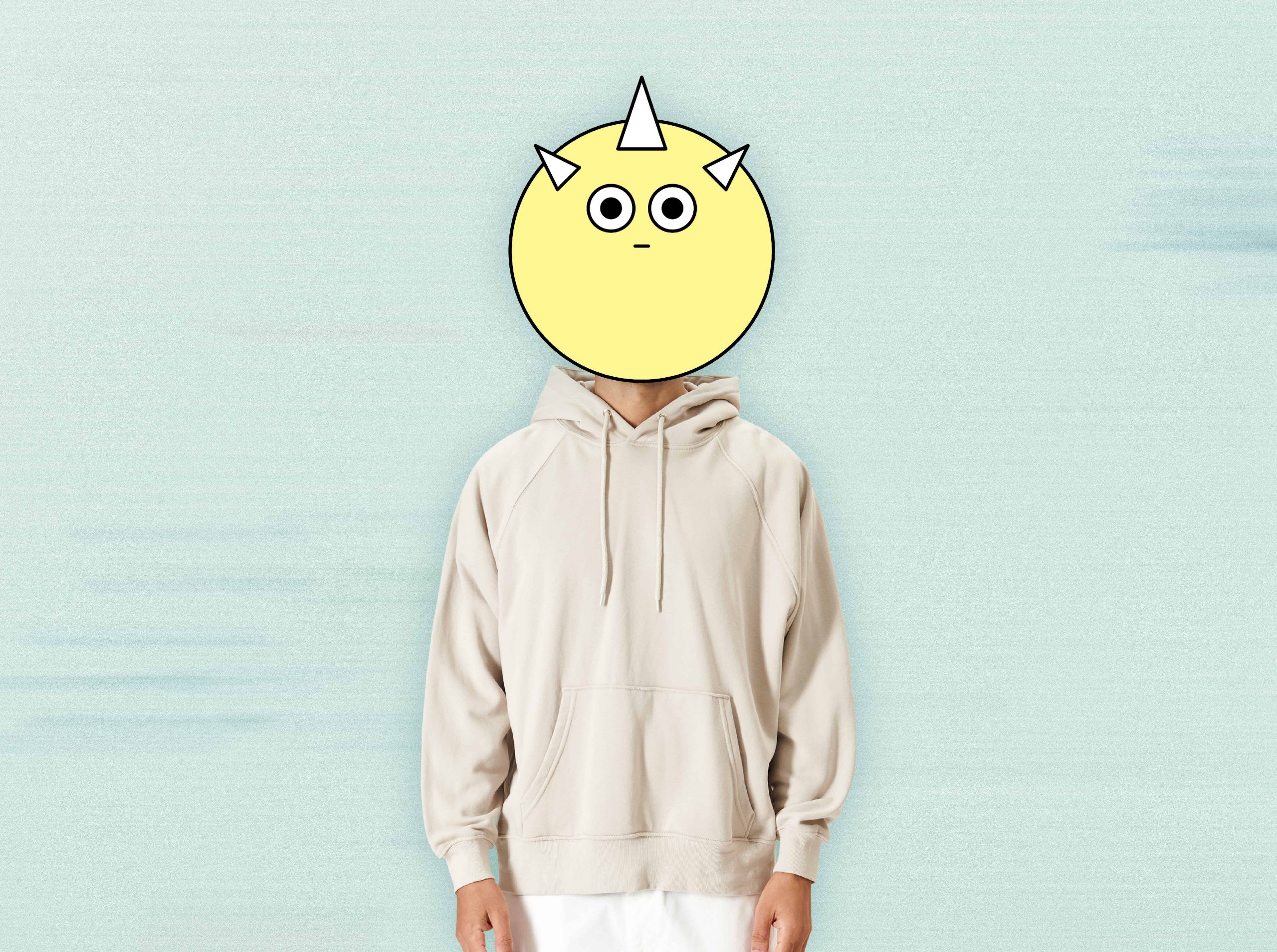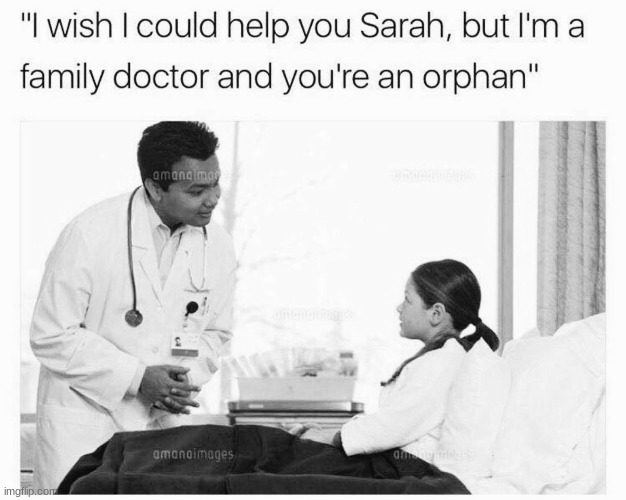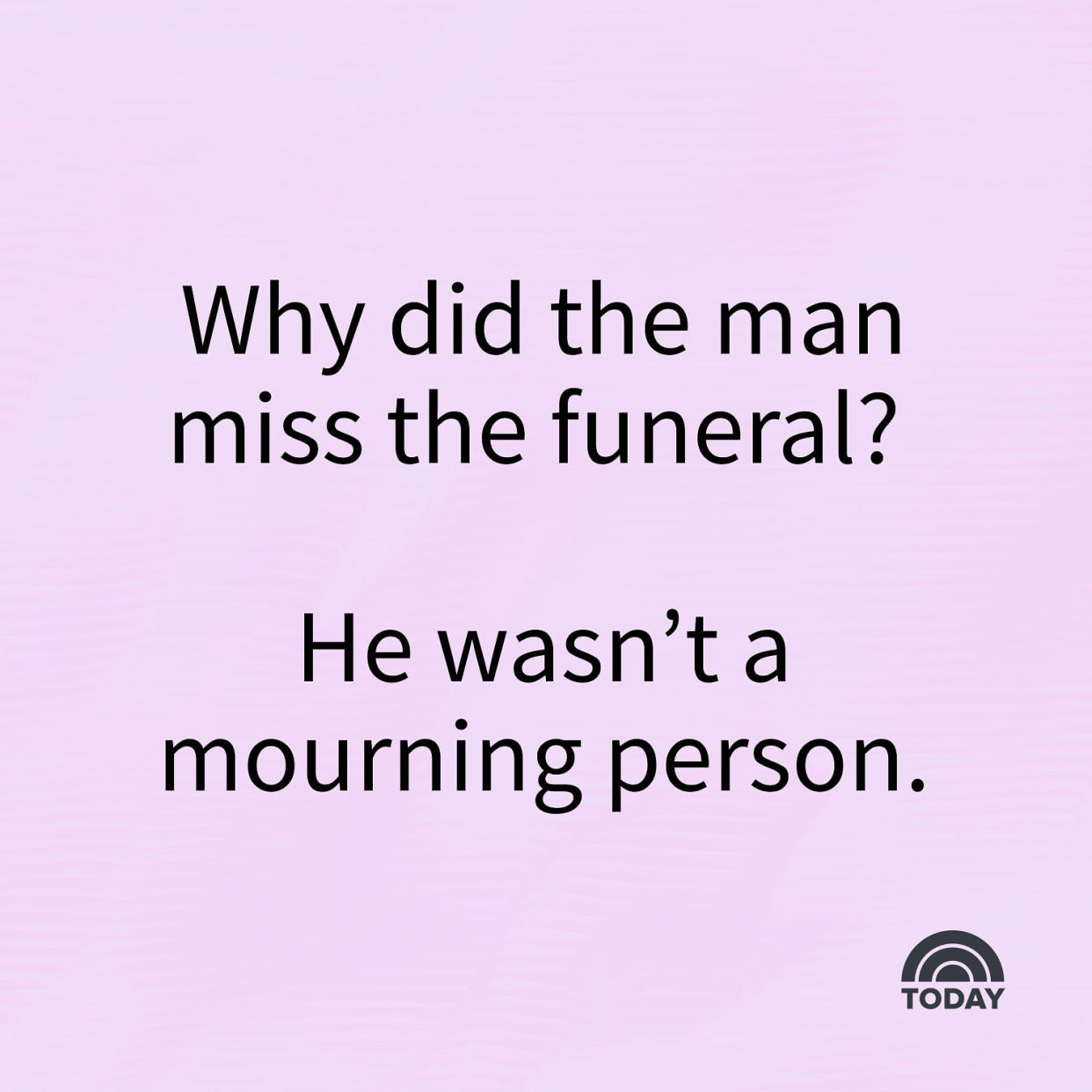There's something about dark humor that just sticks with you, especially when it comes to the lives of orphans. It's not something we talk about openly, but it's there—lingering in the shadows, waiting for someone brave enough to shine a light on it. Orphans dark humor might seem taboo, but it's a way for people to process the heavy realities of life. It's not about disrespect; it's about finding a balance between sorrow and laughter. And let's be real, sometimes laughter is the only thing that keeps us sane.
You might be wondering, "Why would anyone joke about orphans?" It's a fair question. After all, orphans face some of the toughest challenges anyone could imagine. But dark humor isn't about making light of someone else's pain. Instead, it's about acknowledging the harshness of life and finding a way to cope with it. It's like saying, "Yeah, life can be brutal, but guess what? We're still here, and we're going to laugh about it."
Now, before we dive deep into this world of orphans dark humor, let's set one thing straight: this isn't about being insensitive. It's about understanding that humor, even the darkest kind, can be a powerful tool for healing. So, if you're ready to explore the intersection of laughter and tragedy, buckle up. This ride is going to get real.
Read also:Veronika Zolotova Age A Deep Dive Into Her Life And Achievements
What Exactly Is Orphans Dark Humor?
Dark humor has been around for centuries, but when it comes to orphans, the topic takes on a whole new level of complexity. Orphans dark humor is essentially the art of making jokes about the struggles and hardships faced by orphans. It's not about laughing at them; it's about laughing with them—or at least acknowledging the absurdity of their situations.
Think about it: orphans often find themselves in situations that seem almost too tragic to be real. From losing their families to navigating life without a safety net, their stories are filled with heartbreak. But sometimes, the only way to deal with such overwhelming emotions is to laugh. And that's where orphans dark humor comes in.
It's important to note that not everyone will find orphans dark humor funny—and that's okay. Humor is subjective, and what one person finds hilarious, another might find offensive. The key is to approach it with respect and understanding.
Why Do People Find Orphans Dark Humor Funny?
Let's break it down. People find orphans dark humor funny because it taps into a universal truth: life is hard, and sometimes the only way to survive is to laugh. When we joke about orphans, we're not laughing at their misfortune; we're laughing at the absurdity of life itself. It's a way of saying, "Hey, life throws some crazy stuff our way, but we're still standing."
Plus, dark humor has a way of bringing people together. It creates a sense of camaraderie among those who "get it." When you share a laugh over something as heavy as orphans' struggles, you're forming a bond that's hard to break. It's like being part of a secret club where everyone understands the unspoken rules.
The History of Orphans Dark Humor
Believe it or not, orphans dark humor has roots that go back centuries. In ancient literature, playwrights and poets often used dark humor to highlight the struggles of orphans. Think Shakespeare's "King Lear" or Dickens' "Oliver Twist." These works weren't just about tragedy; they were also about finding moments of levity amidst the chaos.
Read also:Shayne Stephens Latto The Rising Star In The Music Scene
Fast forward to modern times, and you'll see orphans dark humor cropping up in everything from movies to stand-up comedy. Shows like "BoJack Horseman" and movies like "The Orphanage" use dark humor to explore the complexities of loss and survival. It's a testament to how timeless this form of humor really is.
How Has Orphans Dark Humor Evolved Over Time?
Over the years, orphans dark humor has evolved to reflect the changing attitudes of society. In the past, it was often more blatant and crude. Today, it's more nuanced and layered, reflecting a deeper understanding of the issues at hand. This evolution shows that people are becoming more comfortable with exploring the darker sides of life through humor.
The Psychology Behind Orphans Dark Humor
So, why does orphans dark humor resonate with so many people? The answer lies in psychology. Studies have shown that dark humor can actually be good for your mental health. It helps people process difficult emotions and find a sense of control in chaotic situations.
When we laugh at something dark, we're not denying its seriousness. We're simply acknowledging it in a way that allows us to move forward. It's like saying, "Yeah, this is messed up, but guess what? We're still here, and we're still laughing."
What Does Science Say About Dark Humor?
Research has shown that people who appreciate dark humor tend to have higher levels of intelligence and emotional resilience. They're better equipped to handle stress and adversity, which makes sense when you think about it. If you can laugh at the darkest moments in life, you're probably pretty good at handling whatever comes your way.
The Impact of Orphans Dark Humor on Society
Orphans dark humor isn't just a niche interest; it has a real impact on society. By bringing attention to the struggles of orphans, it can help raise awareness and inspire action. When people laugh at something, they're more likely to remember it—and that can lead to positive change.
Of course, there's a fine line between using humor to raise awareness and using it to trivialize serious issues. That's why it's important to approach orphans dark humor with care and sensitivity. It's not about making light of someone else's pain; it's about using humor as a tool for healing and understanding.
How Can Orphans Dark Humor Be Used for Good?
One way orphans dark humor can be used for good is by sparking conversations about important topics. When people laugh, they're more open to listening and learning. It's a way of breaking down barriers and creating connections. So, the next time you hear a joke about orphans, don't dismiss it outright. Instead, take a moment to consider what it might be saying about the world we live in.
Controversies Surrounding Orphans Dark Humor
Of course, not everyone agrees with the idea of orphans dark humor. Some people find it offensive, while others see it as a necessary coping mechanism. It's a controversial topic, and opinions are divided. But that's the beauty of humor—it's subjective, and what works for one person might not work for another.
At the end of the day, it's up to each individual to decide where they stand on orphans dark humor. There's no right or wrong answer; it's all about personal preference and cultural context.
Why Do Some People Find Orphans Dark Humor Offensive?
Some people find orphans dark humor offensive because they see it as a lack of respect for those who have suffered. They believe that certain topics should be off-limits when it comes to humor. While it's important to be mindful of others' feelings, it's also important to recognize that humor is a powerful tool for healing and understanding.
Examples of Orphans Dark Humor in Popular Culture
Orphans dark humor has made its way into popular culture in a big way. From movies to TV shows to stand-up comedy, it's everywhere you look. Some of the most iconic examples include "BoJack Horseman," "The Orphanage," and even classic literature like "Oliver Twist."
These works use dark humor to explore the complexities of loss and survival. They show that even in the darkest moments, there's still room for laughter—and that's a powerful message.
Which Movies and Shows Use Orphans Dark Humor Effectively?
Shows like "BoJack Horseman" and movies like "The Orphanage" are great examples of orphans dark humor done right. They use humor to highlight the struggles of orphans while still showing respect for their experiences. It's a delicate balance, but when done well, it can be incredibly powerful.
How Can You Use Orphans Dark Humor Responsibly?
If you're thinking about using orphans dark humor in your own life, there are a few things to keep in mind. First, be mindful of your audience. Not everyone will find it funny, and that's okay. Second, make sure you're using humor as a tool for healing, not as a way to trivialize serious issues. Finally, be open to feedback. If someone tells you they're offended by your joke, take the time to listen and learn.
At the end of the day, orphans dark humor is about finding a balance between laughter and respect. It's not about making light of someone else's pain; it's about using humor to process the complexities of life.
What Are Some Tips for Using Orphans Dark Humor Responsibly?
Here are a few tips for using orphans dark humor responsibly:
- Be mindful of your audience.
- Make sure your humor is coming from a place of respect.
- Be open to feedback and willing to learn.
- Use humor as a tool for healing, not as a way to trivialize serious issues.
Conclusion
Orphans dark humor might seem like a strange topic, but it's one that deserves attention. It's a way of processing the complexities of life and finding laughter in the darkest moments. Whether you find it funny or offensive, there's no denying its impact on society.
So, the next time you hear a joke about orphans, take a moment to consider what it might be saying about the world we live in. And if you're brave enough, try using orphans dark humor responsibly in your own life. You might just find that laughter is the best medicine after all.
Thanks for reading, and don't forget to leave a comment or share this article if you found it helpful. Together, we can keep the conversation going—and maybe even find a little laughter along the way.
Table of Contents
- What Exactly Is Orphans Dark Humor?
- Why Do People Find Orphans Dark Humor Funny?
- The History of Orphans Dark Humor
- The Psychology Behind Orphans Dark Humor
- The Impact of Orphans Dark Humor on Society
- Controversies Surrounding Orphans Dark Humor
- Examples of Orphans Dark Humor in Popular Culture
- How Can You Use Orphans Dark Humor Responsibly?
- Tips for Using Orphans Dark Humor Responsibly
- Conclusion


